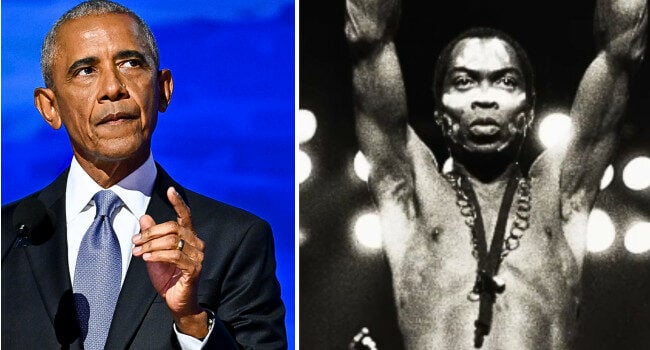Political Deepfake Scandal Rocks Senate: Chuck Schumer Targeted by Republicans

Senate Republicans recently shared an AI-generated deepfake video of Senate Minority Leader Chuck Schumer, designed to portray Democrats as celebrating the ongoing 16-day government shutdown. The manipulated video features an AI-generated Schumer repeating the phrase “every day gets better for us,” a quote deliberately taken out of its original context. In the authentic Punchbowl News article from which the quote was extracted, Schumer was actually discussing the Democrats’ healthcare-focused strategy during the shutdown, asserting that they would not be swayed by Republican threats or attempts to “bamboozle” them.
The government shutdown itself stems from an impasse between Democrats and Republicans regarding legislation to fund the government beyond October. Democrats are advocating for the retention of tax credits to lower health insurance costs for millions of Americans, seeking a reversal of Trump’s Medicaid cuts, and aiming to prevent reductions in funding for government health agencies. The deepfake was posted on the Senate Republicans’ X (formerly Twitter) account.
X’s official policies prohibit the deceptive sharing of synthetic or manipulated media that could cause harm, including content likely to mislead the public or create significant confusion on public issues. Despite these policies, X had not, at the time of writing, removed the deepfake or affixed a warning label, though the video does carry a watermark indicating its AI origin. This incident is not an isolated one, as X has previously allowed deepfakes of political figures to remain on its platform. Notably, in late 2024, X owner Elon Musk shared a manipulated video of former Vice President Kamala Harris in the lead-up to an election, sparking considerable debate over the platform's role in potentially misleading voters.
The proliferation of such content highlights a complex legal landscape. Up to 28 states across the U.S. have enacted laws addressing deepfakes of political figures, particularly in the context of campaigns and elections. While most of these laws do not impose an outright ban if clear disclosures are present, states like California, Minnesota, and Texas have specifically prohibited deepfakes intended to influence elections, deceive voters, or cause harm to candidates. Weeks prior to this Schumer deepfake, former President Donald Trump also posted AI-generated deepfakes on Truth Social, depicting Schumer and House Minority Leader Hakeem Jeffries making false statements concerning immigration and voter fraud.
In response to criticisms regarding the ethical implications and lack of honesty surrounding such AI-generated content, Joanna Rodriguez, communications director for the National Republican Senatorial Committee, issued a statement reflecting a pragmatic stance: “AI is here and not going anywhere. Adapt & win or pearl clutch & lose.” This sentiment underscores the ongoing debate about the role and regulation of artificial intelligence in political discourse and its potential impact on democratic processes.
You may also like...
Wolves Fandom Erupts: 'Sell the Club!' Chants Rock Stadium Amidst Frustration!

Wolves fans' frustration reached a boiling point at Molineux, with chants against the club's ownership and manager Vitor...
Haaland's Agony: Disallowed Goal and Injury Plague Man City's Disappointing Outing!

Manchester City's nine-match unbeaten run came to an end at Villa Park as Aston Villa secured a victory, highlighted by ...
Andrew Garfield Teases Spider-Man Return, But Fans Should Brace for a 'Catch'

Andrew Garfield has expressed a keen interest in joining Sony's animated *Spider-Verse* franchise, hinting at a potentia...
Mel Gibson's 'Passion of the Christ' Sequel Faces Blasphemy Outcry Over Jesus Recasting

Mel Gibson's highly anticipated sequel, "The Resurrection of the Christ," is moving forward two decades after the origin...
Snoop Dogg Drops Bombshell at Verzuz Relaunch in Vegas, Igniting No Limit-Cash Money Battle

Snoop Dogg made a surprise appearance at ComplexCon in Las Vegas, joining his former label, No Limit Records, in a star-...
Daft Punk Legend Thomas Bangalter Stuns Paris with Surprise DJ Set Alongside Fred again..

Daft Punk's Thomas Bangalter made a rare surprise appearance with Fred again.. for a DJ set at Paris' Centre Pompidou. T...
Obama Dives Deep: New Podcast Honors Revolutionary Fela Kuti

Former U.S. President Barack Obama has curated a new 12-episode podcast series, "Fela Kuti: Fear No Man," celebrating th...
Waje & KCee Ignite Romance with New Track 'Luvey Luvey'

Waje has released a new single, “Luvey Luvey,” featuring KCee, a warm and feel-good song celebrating love. Blending Afro...




